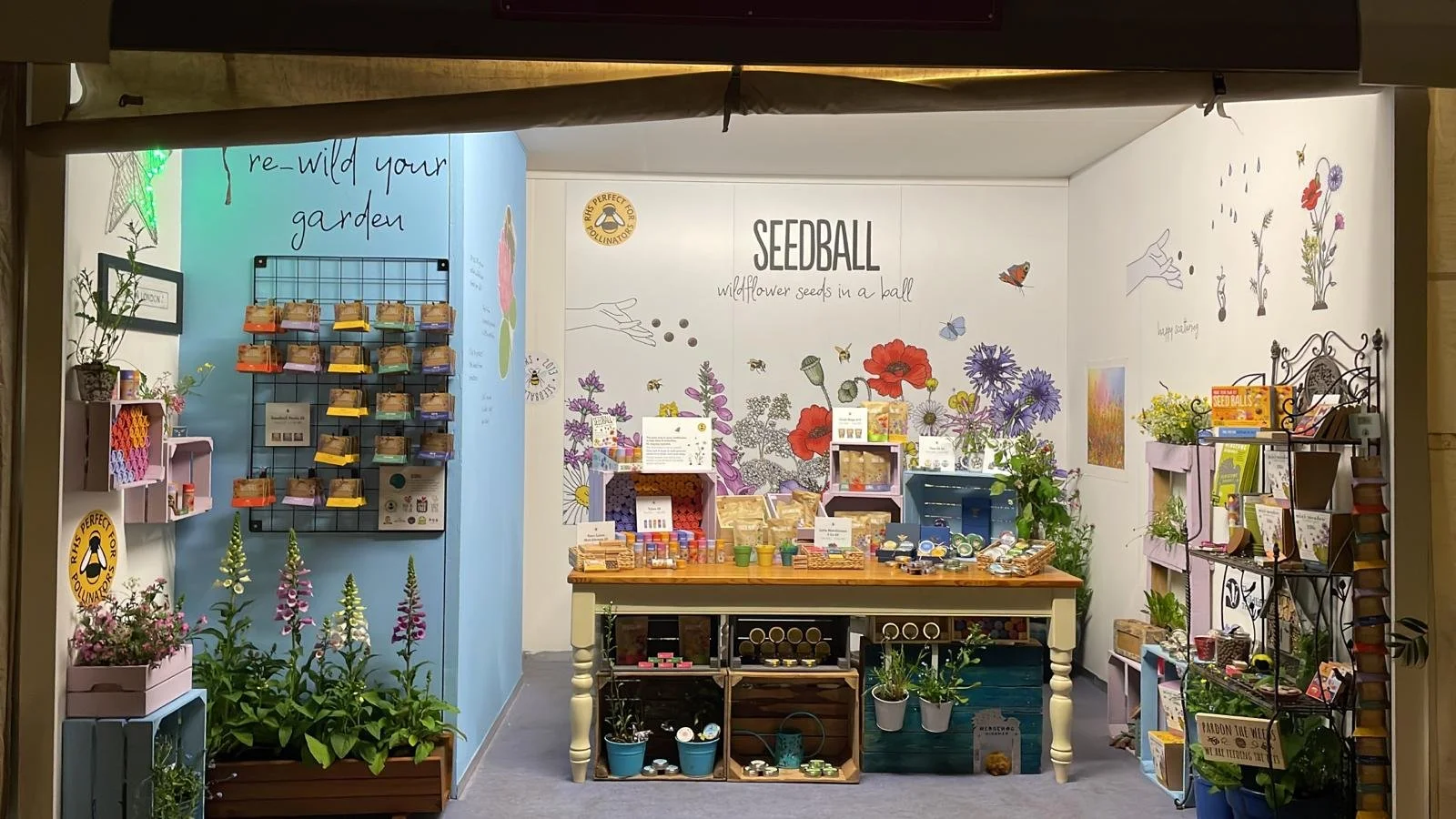Marketing isn’t just about selling. Not anymore.
In a world of endless noise, what cuts through isn’t clever copy or flashy design — it’s meaning. Emotional connection. A story people can see themselves in.
If your business is driven by values — if you’re here to do more than just make money — then your marketing has to reflect that. Not in a box-ticking kind of way, but in every touchpoint. Every post. Every product description. Every conversation.
Because when your ethos shines through everything you do, people don’t just buy from you — they believe in you.
Here’s how to start turning your business into a movement:
1. Start with your “why” — and say it clearly
Don’t make people dig for your purpose. Lead with it.
What’s the change you’re here to make? What matters to you, really?
At Seedball, we don’t just talk about wildflowers. We talk about bees, biodiversity loss, children connecting with nature, urban rewilding. It’s not about the product — it’s about the mission. That’s what people feel.
Write your “why” in language your audience understands. No jargon. No fluff. Just heart.
2. Make your customer the hero
This is where most values-led businesses slip up. You’ve got the big vision, but you forget the golden rule of storytelling: it’s not about you.
Frame your brand story so your customer is the one making the impact.
“You’re helping save the bees.”
“You’re part of a community growing change.”
“You’re rewilding the world, one garden at a time.”
Invite them into the mission — make them feel part of something bigger.
3. Use emotion, not guilt
Guilt is a dead end. People are overwhelmed enough.
Instead, give them hope. Joy. Empowerment. That’s what builds loyalty. That’s what sparks movement.
Values-based messaging works best when it inspires. When it uplifts. When it feels real and personal.
4. Show the messy middle
People don’t want perfection. They want truth. Be honest about where you’re learning, evolving, or falling short. Share behind-the-scenes moments, raw reflections, or big questions you’re still figuring out.
This builds trust. And trust builds movements.
5. Be consistent — across everything
Meaning isn’t just a message — it’s a way of being.
Your social posts. Your packaging. Your partnerships. Your customer service. Your internal culture. It all matters.
Every touchpoint is an opportunity to reinforce your ethos and invite deeper connection.
The bottom line?
Marketing with meaning isn’t a strategy. It’s a stand.
It’s about showing up with integrity, leading with purpose, and building something people genuinely want to be part of.
Because the most powerful marketing isn’t persuasive — it’s magnetic.
And if you’re building a business with heart, your story deserves to be told.







